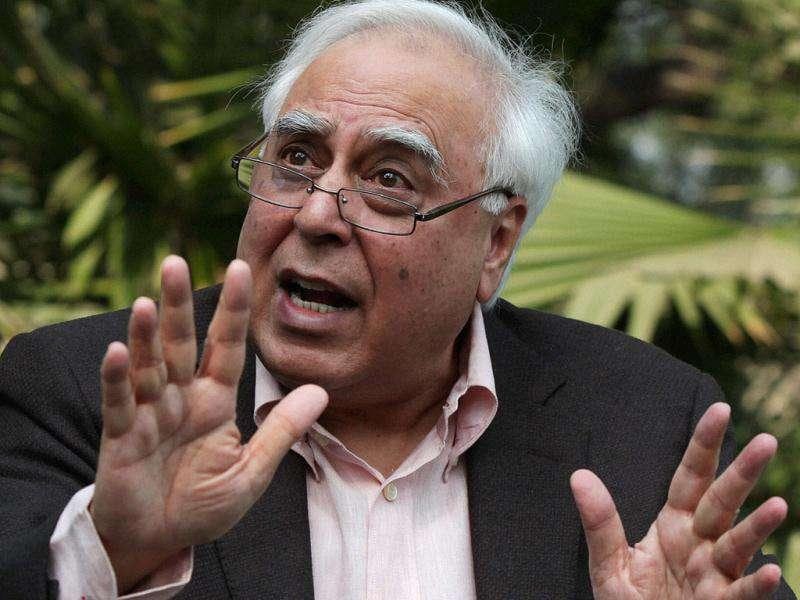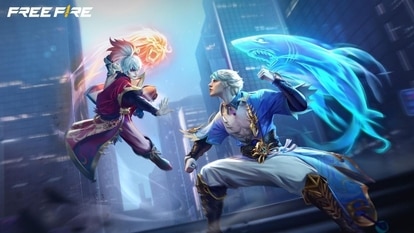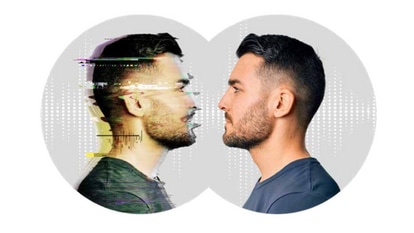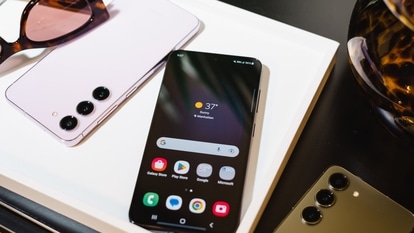Top 5 reasons why India can't censor the Internet
In just 24 hours, in the Facebook alumni group of St Stephen's College, Communications Minister Kapil Sibal's ratings crashed faster than that of US President Barack Obama or what former telecom minister A. Raja, now in judicial custody over second generation (2G) spectrum case, ever had.

In just 24 hours, in the Facebook alumni group of St Stephen's College, Communications Minister Kapil Sibal's ratings crashed faster than that of US President Barack Obama or what former telecom minister A. Raja, now in judicial custody over second generation (2G) spectrum case, ever had.
In a survey to pick star alumni for a big debating clash with counterparts from the rival college across the road, Sibal was on the top five a week ago -- among other stellar Stephanians like Planning Commission Deputy Chairman Montek Singh Ahluwalia, former federal minister Mani Shankar Aiyar or former UN diplomat Shashi Tharoor. No longer!
As the #Idiot hash-tag topped Twitter trends, some withdrew their votes for Sibal, and there were posts like 'Chuck him across the road' -- a scathing insult, equivalent to the Parsis' excommunication.
Just a preview of the global firestorm over the next two days!
The fire wasn't from anonymous teens. Seasoned analysts blasted Sibal. Investor Mahesh Murthy posted: 'Censor this! :) ! Five of the top 10 Twitter trends in India right now are: #IdiotKapilsibal, #KapilSibal, #Censorship, #FreeSpeech and #FreedomOfSpeech.'
All this, for just one statement from a politician not unknown for his foot-in-mouth disease? Not quite. For, he has the power to misuse and try to make it happen.
During the Anna Hazare movement, Sibal summoned representatives of the social networks. In a king-and-subjects interaction, he kept them waiting, then kept them standing in his room; gave them a pre-emptive dressing down; and snapped: 'I don't want any anti-government stuff on your networks. Fix it.' There was no room for discussion.
So here's a five-point Internet 101 for the illustrious Mr. Sibal.
1. The Internet cannot be edited: Duh! In an early Dilbert strip, the pointy-haired boss demanded that Dilbert 'download' the Internet and fax it to him. A decade down, it's not so funny any more.
The Internet is not traditional media. India's 1975 emergency and the media clampdown was possible because of the linear, broadcast nature of the old media. New media is distributed. No copy desk or censor board can 'fix' it. There is no editor to arrest. And, most content is hosted outside India's jurisdiction.
2. User-generated content cannot be filtered: That would slow down the global Internet to a crawl, with posts appearing after days -- even assuming so many 'editors' could be hired by, say, a Facebook or a Twitter.
Are phone operators responsible for 'content' carried on their networks -- or their CEOs arrested if someone made a terror threat over a phone call? No, the telco is simply asked to help with the investigation -- into who made the call.
Yes, Internet content has the permanence and public-impact potential that a phone call does not, but equally, it lends itself brilliantly to self-regulation.
3. Peer review works: Wikipedia is the best example. Who could have imagined that a user-created encyclopedia could be so objective, and comprehensive? Yes, anyone can go in and edit anything (barring entries like 'Kapil Sibal', which have been locked due to vandalism!).
If you make an inappropriate change, someone will come in and correct it. And so it is on Facebook or Twitter. Abusive posts will be reported, blocked, and the individuals knocked out of the site.
4. Draconian controls are not necessary: In this age of global cooperation on terror, companies cooperate. A rational request from India to Google or Facebook to bring down offensive content will be heard -- regardless of jurisdiction.
5. Yes, there are precedents for Internet control, but...: Such censorship is in countries India doesn't want to be -- China, Pakistan, Myanmar or Saudi Arabia. Pakistan became a laughing stock when it issued a list of banned words for SMS messages. (That list is now standard reading for anyone wanting a quick lesson in present and future abuses that aren't in any dictionary.)
The big daddy of 'regulation' is China, where everything is filtered, and if you break those filters, you are charged with treason. What a role model.
But wait.
Kapil Sibal knows all this, right? So why is this bright star from Harvard Law School and St. Stephen's college now sounding so anachronistic in the Internet age? Is it the old 'thou shalt display higher loyalty to the royal family than the prince himself' mantra?
If Kapil Sibal is to defend himself against the charge of sycophancy, he is on a weak footing. There were many prior potential triggers for tackling social media, including fanatic religious posts, derogatory comments by Pakistan sympathisers, Anna Hazare, and more. That he finally picked a post that targeted Sonia Gandhi suggests that this was not out of serious, objective concern about India's stability, security or secular fabric.
Catch all the Latest Tech News, Mobile News, Laptop News, Gaming news, Wearables News , How To News, also keep up with us on Whatsapp channel,Twitter, Facebook, Google News, and Instagram. For our latest videos, subscribe to our YouTube channel.


























